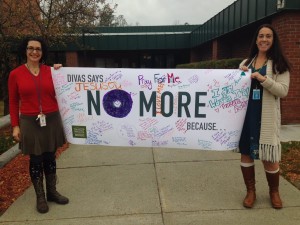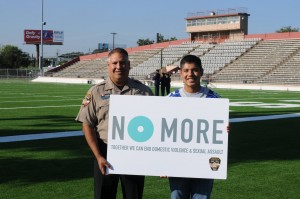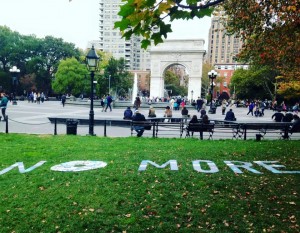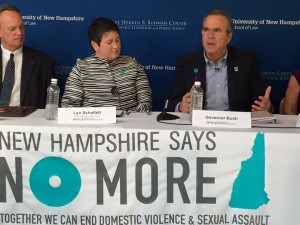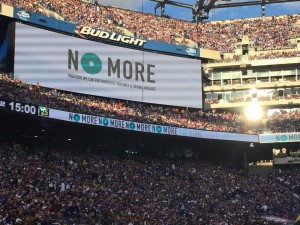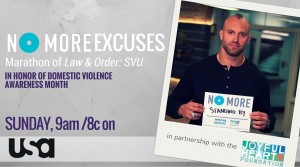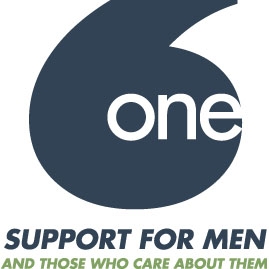Casa de Esperanza and NO MORE are excited to announce the launch of DECIMOS NO MÁS, a new national campaign engaging Latin@s to play a critical role in ending domestic violence and sexual assault.
Statistics show that an alarming number of Latin@ women and children are impacted by domestic violence in the United States:
- 1 in 3 Latina women have experienced physical violence by an intimate partner in their lifetime
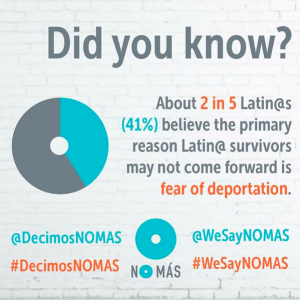
- 15 million children live in homes where they witness domestic violence
New research shows that Latin@s are taking steps to address domestic violence and sexual assault in their community:
- More than half of the Latin@s (56%) in the U.S. know a victim of domestic violence, and one in four (28%) know a victim of sexual assault.
- Latin@s believe fear is a major barrier to seeking help and fear of deportation is the top reason Latin@ victims may not come forward.
Despite the fear and how difficult it is to talk about these issues, Latin@s are taking action:
- Nearly two-thirds of Latin@s (61%) who knew a victim of domestic violence, say they intervened and did something for the victim.
- Latin@ parents are much more likely than parents in the U.S. population at large to talk to their children about domestic violence and sexual assault.
- More than half (54%) of Latin@ parents have talked to their children about these issues and 83% of Latin@s are willing to talk with the children in their lives about domestic violence and sexual assault.
- An overwhelming majority of Latin@s believe that starting young and educating children about healthy relationships is the key to prevention.
 A Campaign with A Call to Action for Parents
A Campaign with A Call to Action for Parents
Developed in partnership with NO MORE and Casa de Esperanza: National Latin@ Network, the DECIMOS NO MÁS Campaign targets parents specifically, and encourages them to have meaningful conversations with their children about these issues. The new campaign utilizes the theme “Their Hero is You” in creative concepts to mobilize parents to speak up. New resources are available.
The bilingual campaign website www.decimosnomas.org / www.wesaynomas.org features:
- Helpful conversation starters for parents
- Tools and tips on how to talk about domestic violence and sexual assault
- Bilingual resources
- Social media tools

Visit the wE SAY NO MÁS CAMPAIGN
References:
http://nationallatinonetwork.org/learn-more
http://nationallatinonetwork.org/images/files/whataboutmychildren.pdf
http://nationallatinonetwork.org/images/Latin_DV_Stats.pdf
http://nomore.org/wp-content/uploads/2015/04/Report.CASA_.F.revised.f.050715.pdf

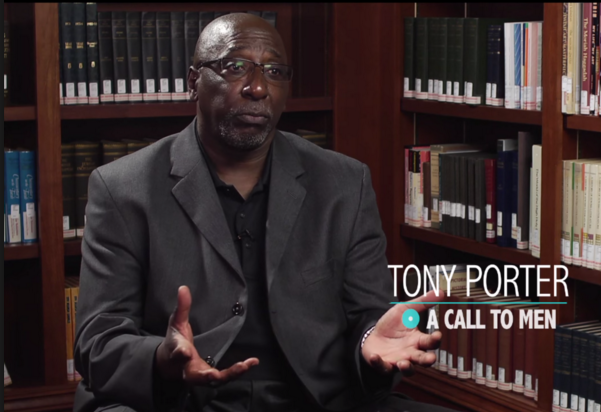 men, and the rapes were documented in real time on social media. Scores of kids saw what was happening while it was happening. If just one of them had objected, had told an adult, had asked for help, things might have taken a different course. This failure to intervene could have happened anywhere, and probably has. The blame and responsibility for Steubenville does not just fall on the young bystanders. In fact, the tragedy highlighted a profound failure of adults to guide and instruct.
men, and the rapes were documented in real time on social media. Scores of kids saw what was happening while it was happening. If just one of them had objected, had told an adult, had asked for help, things might have taken a different course. This failure to intervene could have happened anywhere, and probably has. The blame and responsibility for Steubenville does not just fall on the young bystanders. In fact, the tragedy highlighted a profound failure of adults to guide and instruct.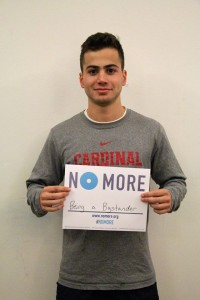
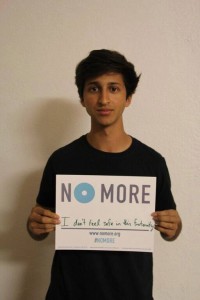
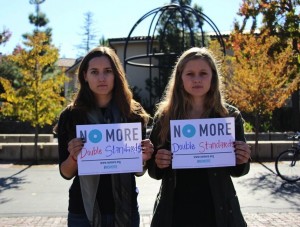
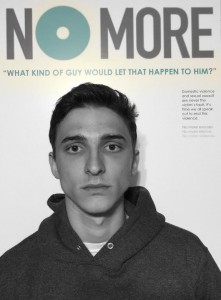 The celebrity posters from the NO MORE Toolkit started my campaign at Rutgers. I was inspired by Amy Poehler’s, “Well, she was drunk,” poster. I thought to myself, as the world’s greatest Parks and Recreation fan, that I could say NO MORE just as Amy Poehler had. I felt connected to the cause because of Amy, and then I researched NO MORE and their work to raise awareness about these crimes. These posters, along with workplace fliers, postcards and the NO MORE symbol, create a necessary conversation about the cause.
The celebrity posters from the NO MORE Toolkit started my campaign at Rutgers. I was inspired by Amy Poehler’s, “Well, she was drunk,” poster. I thought to myself, as the world’s greatest Parks and Recreation fan, that I could say NO MORE just as Amy Poehler had. I felt connected to the cause because of Amy, and then I researched NO MORE and their work to raise awareness about these crimes. These posters, along with workplace fliers, postcards and the NO MORE symbol, create a necessary conversation about the cause.